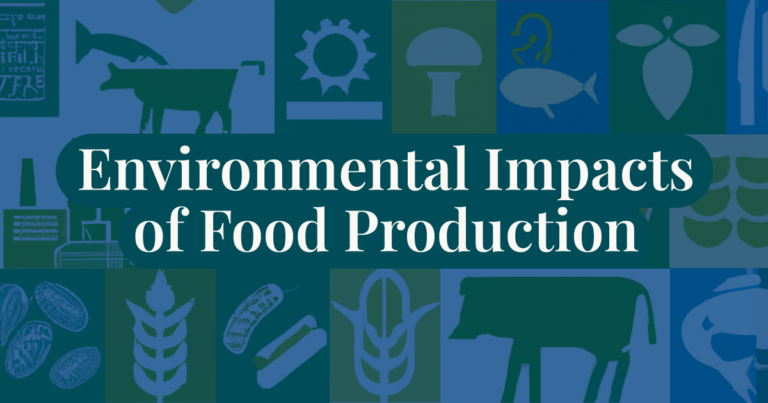December 8, 2023
Responsible Parties in Food’s Environmental Impact

Introduction
- The global demand for agricultural products is causing substantial social and environmental repercussions. As consumers worldwide are linked to distant impacts, such as carbon emissions, biodiversity loss, and labor rights issues, the discussion on responsibility for these consequences intensifies.
India’s Impact in Global Agricultural Trade
- India, owing to its expansive size and consumer market, wields a pivotal role in global agricultural trade. The nation’s economic and social growth has escalated both the demand for and supply of agricultural products, significantly affecting national resources and necessitating imports.
Evaluating Impact: Production vs. Consumption
- Conventional production-based accounting, measuring impacts at the point of production, encounters limitations in managing leaks and ensuring accountability. Consumption-based accounting, however, attributes all social and environmental impacts to final products and consumers, advocating for their responsibility.
Perspectives on Responsibility
[A] Demand Perspective
- Consumption practices in developed economies predominantly drive resource pressures, hence attributing production consequences to these consumers aligns with equity and historical responsibility. This shift redistributes substantial impacts from emerging markets like India to developed nations.
[B] Supply Perspective
- Embracing consumption-based accounting incentivizes producer countries, like India, to adopt environmentally friendly strategies in export production. Moreover, it encourages raising living standards in agricultural supply chains to maintain access to foreign markets.
Environmental Action and Shared Responsibilities
- The implementation of consumption-based emissions accounting holds potential in global environmental action, urging a shared responsibility between producers and consumers. Encouraging developed economies to assume responsibility can lead to coordinated action, enabling sustainable growth in developing economies like India.
Challenges and Domestic Implementation
- Though challenging to implement due to concerns about liability and compliance, this approach provides valuable insights into impact-intensive consumption patterns. Its domestic application can redirect focus from producers to consumers, prompting behavioral changes in consumption.
Concluding the Shift in Environmental Governance
- The shift from production to consumption-based accounting signifies a significant change in environmental governance. This approach emphasizes the responsibility of consumers, particularly in developed nations, for the environmental impacts of their consumption habits.
Conclusion
- The adoption of consumption-based accounting offers a more equitable framework for addressing global environmental challenges. Recognizing the interconnected nature of production and consumption in our globalized world, it signifies a crucial step toward responsible environmental stewardship.
Gist of daily Article /The Hindu 17oct 2025
October 17, 2025
Daily Gist of the Hindu/Indian Express : 16 Oct 2025
October 16, 2025
Daily Gist of The Hindu/Indian Express: 6 Oct 2025
October 6, 2025
Daily Gist of Article /The Hindu /Indian Express: 24 Sep 2025
September 24, 2025
